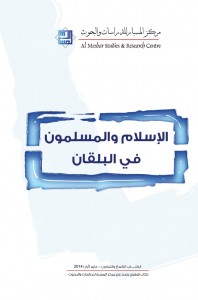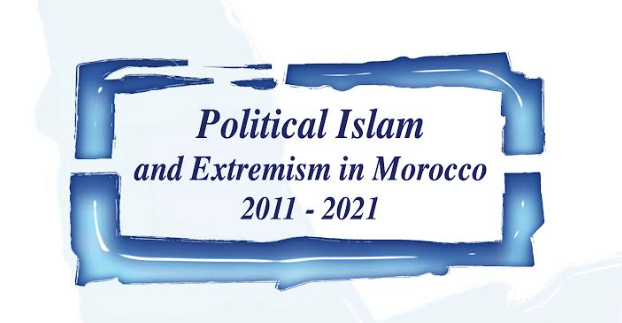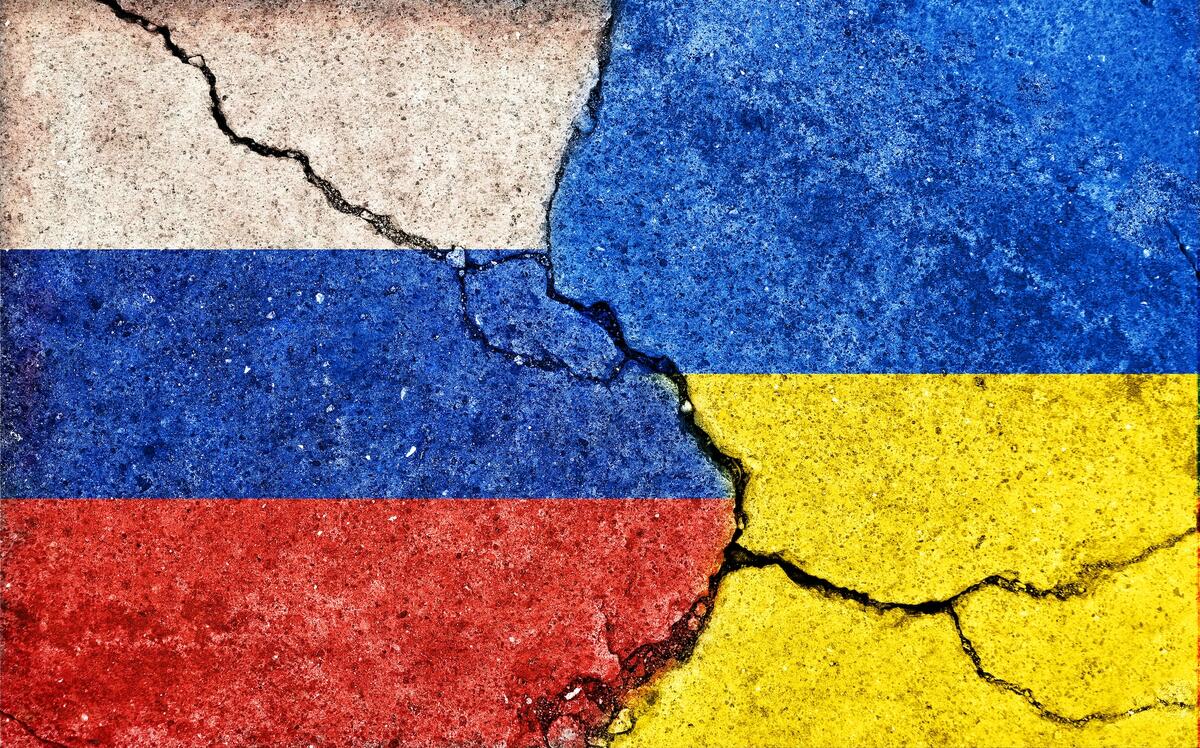 Al-Mesbar Center’s its 89th monthly book examines the history and present conditions of the Balkan region, beginning with the advent of Islam during the Ottoman period . The long history of civil strife and war in the Balkans — from Ottoman times through the Balkan war of 1812 to its bloodiest conflict, in the twentieth century — is not sufficiently known or understood in the Arab and Muslim world. This book aims to provide Arabic-language readers with a basis to fill that gap.
Al-Mesbar Center’s its 89th monthly book examines the history and present conditions of the Balkan region, beginning with the advent of Islam during the Ottoman period . The long history of civil strife and war in the Balkans — from Ottoman times through the Balkan war of 1812 to its bloodiest conflict, in the twentieth century — is not sufficiently known or understood in the Arab and Muslim world. This book aims to provide Arabic-language readers with a basis to fill that gap.
Enes Pelidija contributes the first chapter, “Ottoman Islam and the Historical Demographics of Bosnia.” The author shows how Bosnian demographics shifted following the Ottoman conquest in 1493 , subsequent religious conversions, and successive wars. The chapter also parses the various denominations of Islam that evolved in the area, notably Mawlawi Sufism.
Next, Hajrudin Muja, specialist in the Islamic history of Montenegro, contributes the second chapter, “Islam and the Muslims of Montenegro: 1912-2002.” The author begins with a snapshot of the Balkans’ diverse ethnic and sectarian history before the advent of Islam under Ottoman rule. The author traces the means by which Islam was introduced to the area. The study also documents the growth of the Muslim population of Montenegro over time — in particular, from its independence following the Berlin Conference in 1878, and through its expansion following the London Conference of 1912-1913.
Nadir Mehdi Ramadan at the College of Islamic Studies , in Macedonia, contributes a chapter on the history of the “Jama’a al-Islamiya,” an Islamist movement, in the territory of Macedonia. The “Jama’a” is presented in its historic context: The author reviews the ethnic and religious demography of Macedonia beginning with Ottoman rule and on through the post-World I period and the years of socialism . The Jama’a al-Islamiyah found its place in an independent Macedonia following the collapse of the Yugoslavian Federation. Since its establishment, the group has been focused on Islamic education.
Kosovar Syrian scholar Mohammed Al-Aran’out, a specialist in the history of the Balkans, contributes the chapter, “Albania: the Largest Muslim Presence in Europe.” Al-Aran’out finds that for Albanian Muslims, religion and national identity are thoroughly intertwined. Islam was not forced upon them by the Ottomans, he argues . He also demonstrates that they eventually used their faith as a shield to protect their identity from Serbian pressures to assimilate into their own national project. Albanian Muslims suffered continuously in the course of their successive confrontations with European secularism, fascism, and socialism .
Aladin Husić, a researcher at the Eastern Studies Institute in Sarajevo, examines another Balkan Muslim community in his study, “The Muslims of Serbia: History and Legal Action ”. While Albanians embraced Islam and wove its traditions into their national identity, Serbia remained a Christian majority country with a minority Muslim presence. The author goes on to describe the “Jama’a al-Islamiya ” in Serbia, from the days of the Ottomans and the Balkan war of 1912-1913 which was the catalyst of Serbia’s expansion. The author monitors how Jama’a Islamiya managed Muslim affairs in Serbia.
In the next chapter, Xhabir Hamiti, Professor of Islamic Studies, explores the early years of Islam in Kosovo following the Ottoman army’s defeat of the Serbs in 1389 and the subsequent establishment of the Ottoman province of Kosovo. He goes on to describe the final years of Ottoman rule in the area during the 1912 Balkan war, which led to the establishment of the Serbian. Croatian, and Slovenian kingdoms. The author also examines the establishment of the “Dar Al Fatwa,” an institution which addressed the Islamic jurisprudential needs of Kosovo’s Muslim majority.
The next chapter, by Edin Radušić, is “Bosnians: between Islam, Communism, and Christianity.” It explores the history of Muslims in Bosnia and Herzegovina from 1878 through 1992 — covering life under the Austro-Hungarian Empire, the Kingdom of Austria and Hungary , the Kingdom of Serbia, Croatia and Slovenia, the Kingdom of Yugoslavia, and the Socialist Federation of Yugoslavia.
Amir B. Ahmeti, a Member of Parliament in the Republic of Kosovo, contributes the chapter, “Religion and the State in European Constitutions.” begins with deliberating the relationship between religion and the state began during the fourth century A.D. when Christianity was announced as the official religion of the Roman state. Needless to say that contemporary Europe is drastically different from Europe of the fourth century as most nations adopt secular legislations which guarantee religion freedoms.
This edition of Al Mesbar’s monthly book also includes reviews of three new books: The Crescent and the Eagle:Ottoman Rule, Islam, and the Albanians by American historian by George Gawrych , a specialist in Ottoman history; University of Vienna history professor Oliver Jens Schmitt ‘s Kosovo: A Short History of One Central Balkan State ; and finally, Bosnian Muslims: Between Secularization and De-secularization, by Dino Abazović, Associate Professor of Sociology at the University of Sarajevo.
Finally, in its special “paper of the month,” Jordanian scholar Mohammed Awawda contributes his study, “Female Religious Leaders in Algeria , Morocco, Egypt, and Yemen.”
The center would like to extend its gratitude to all the researchers who contributed to this edition — in particular, Mohammed Al-Aranout , Rashid Al-Khayoon , and Omar Al-Bashir Al-Turabi.









